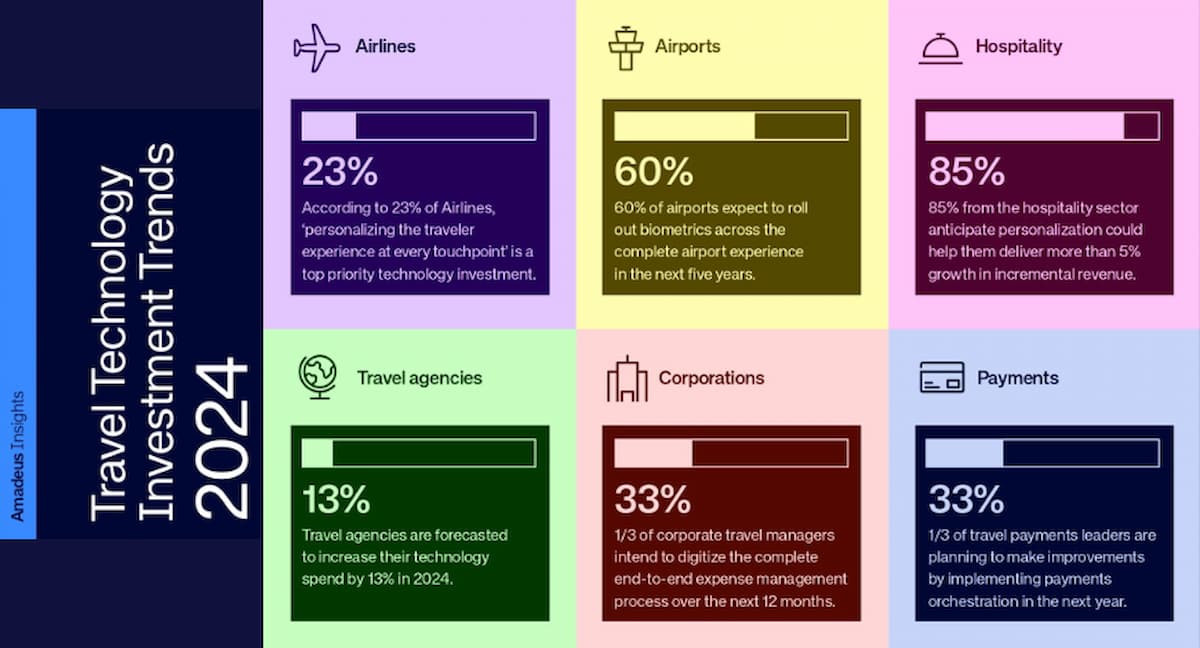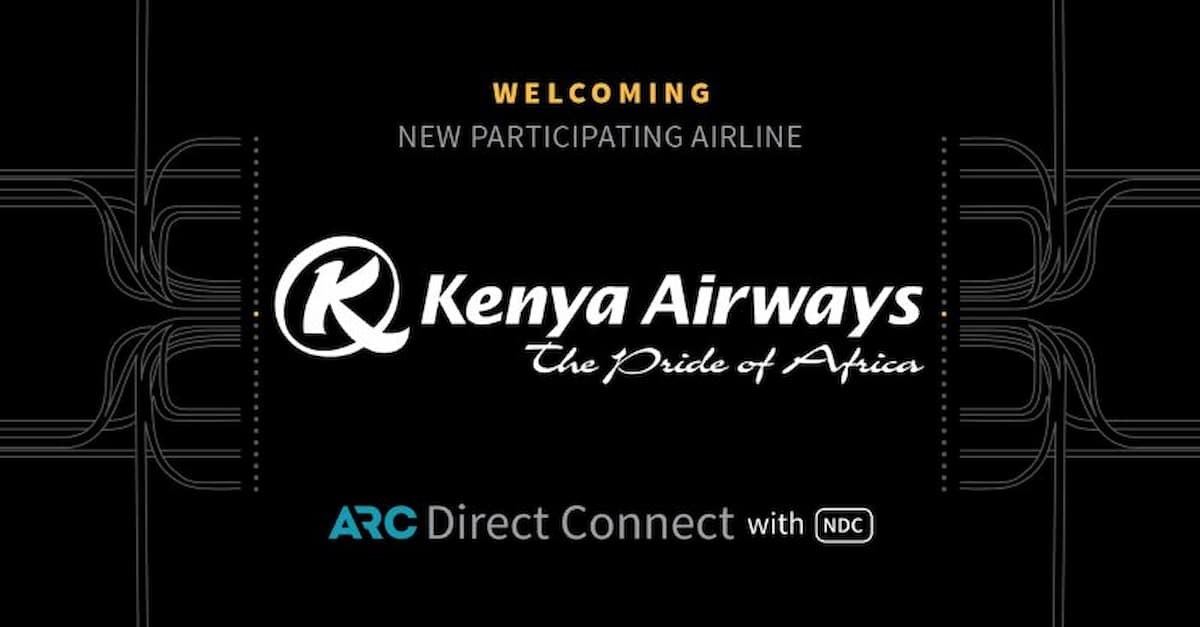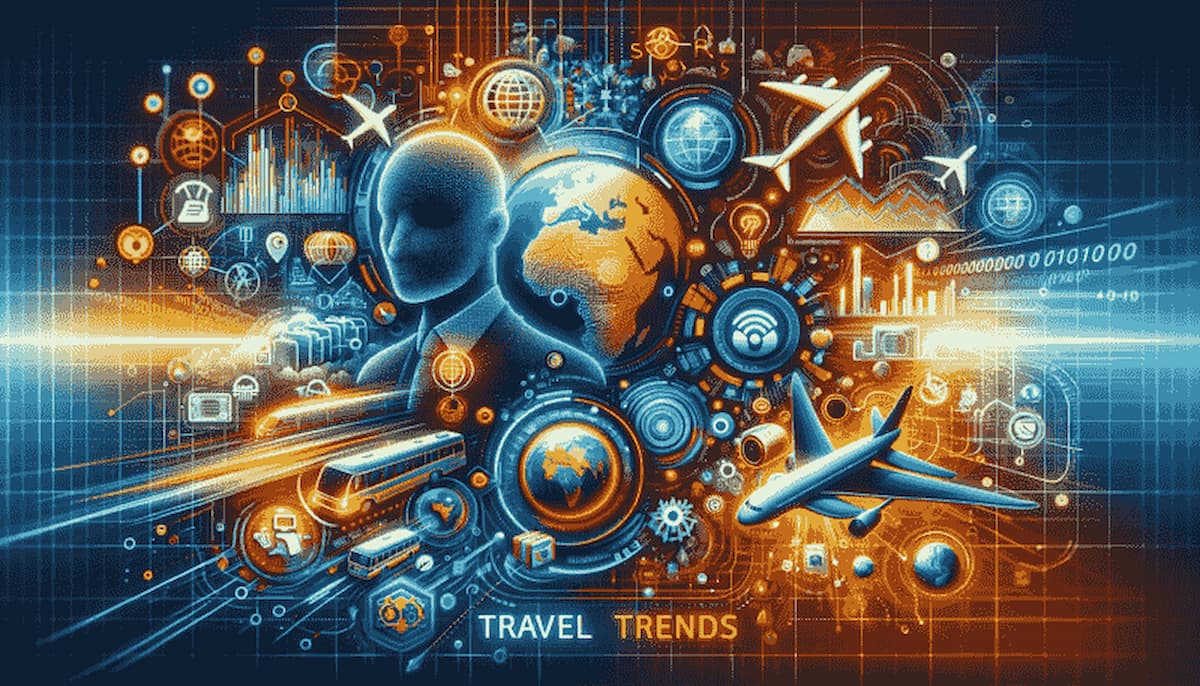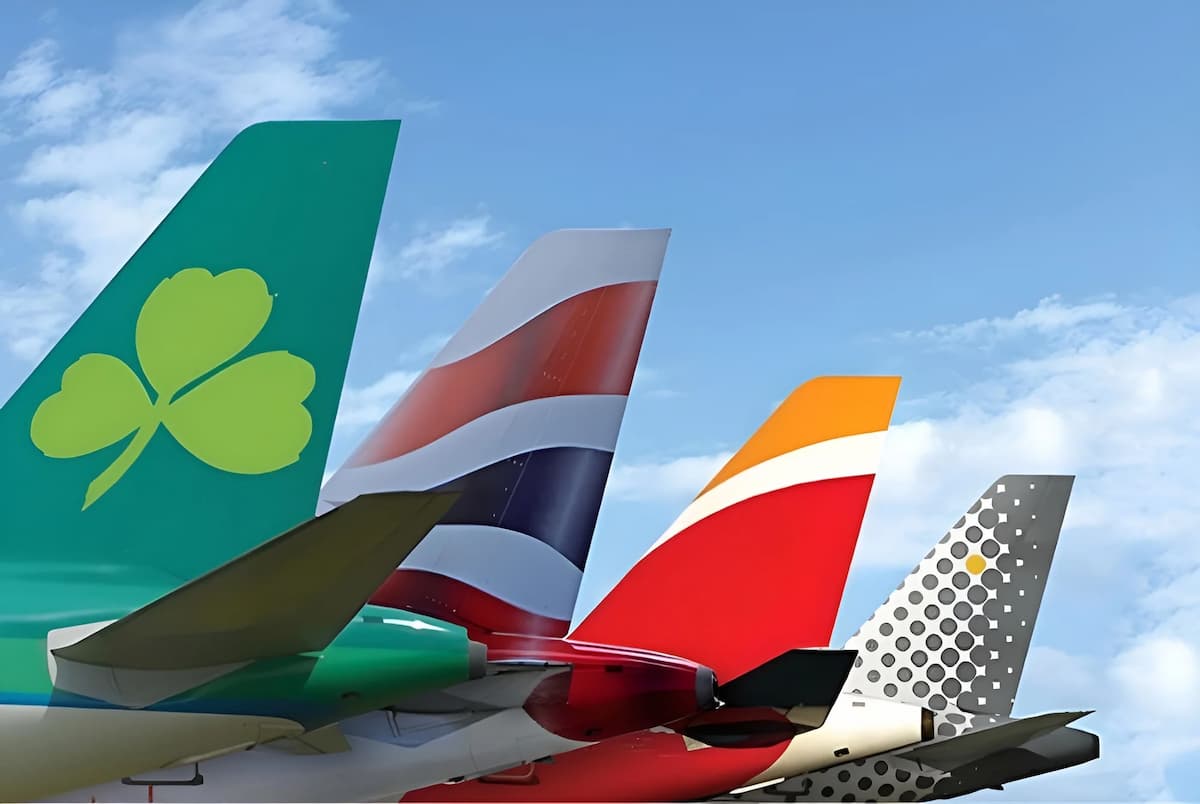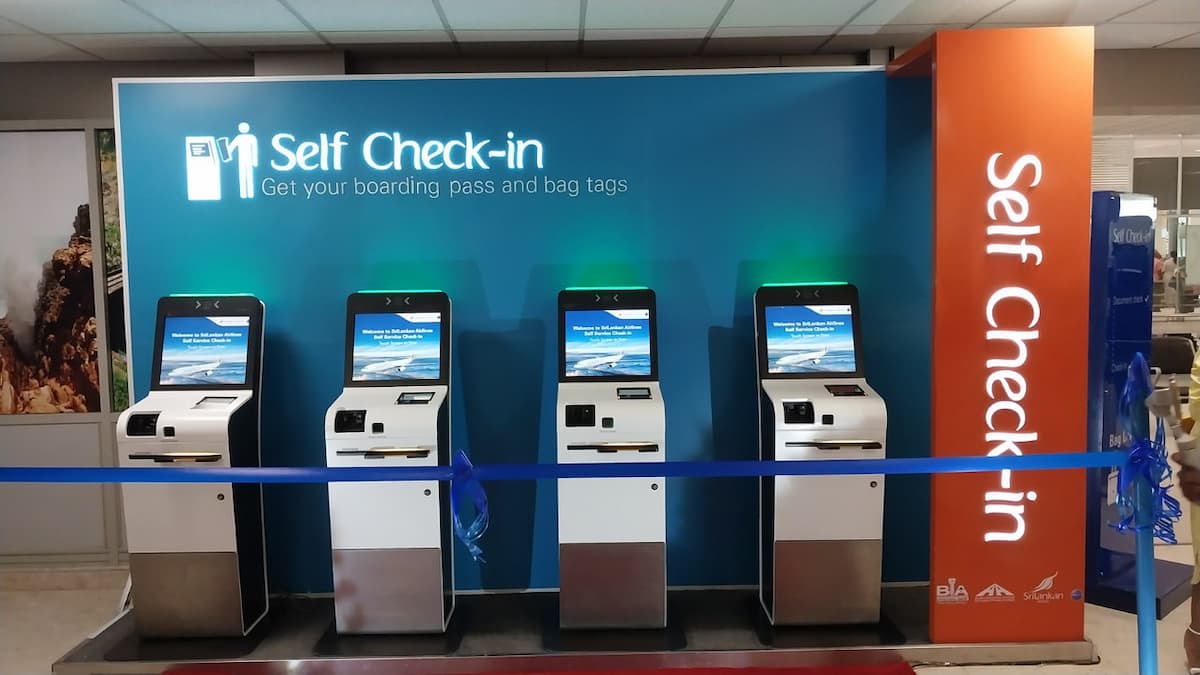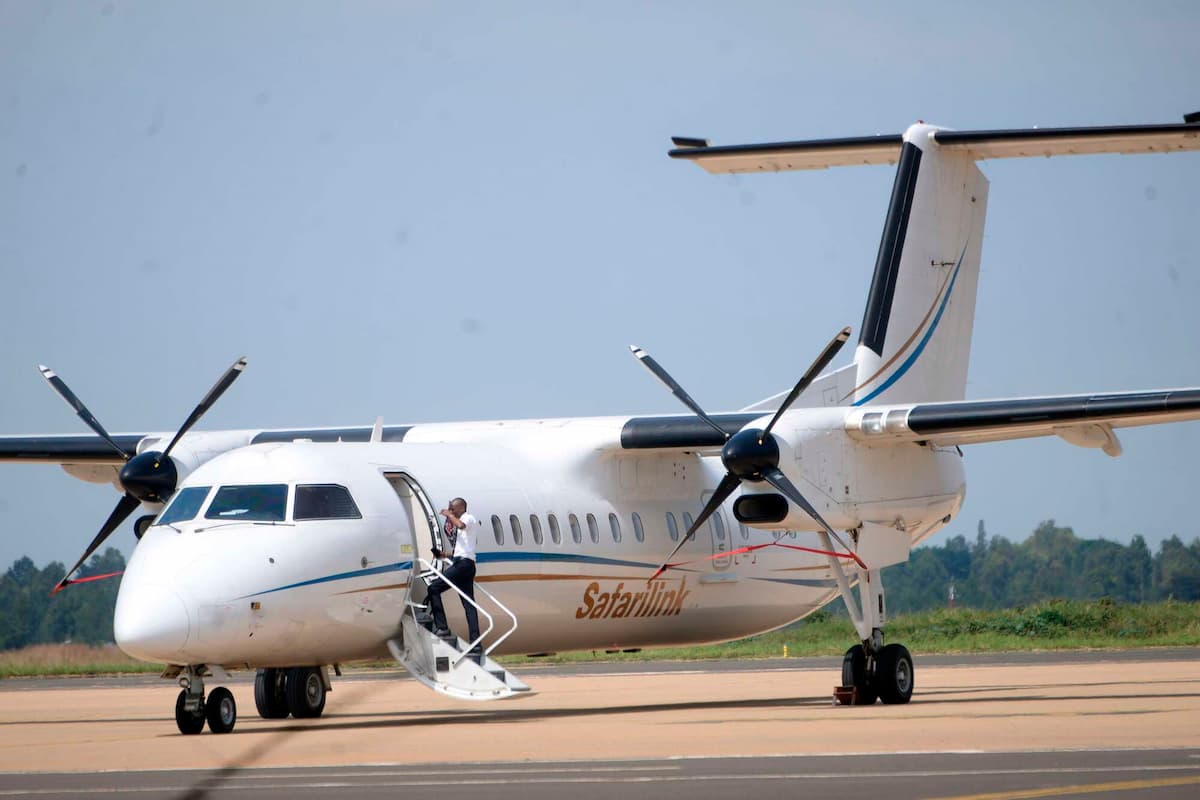Africa’s travel and tourism sector has immense growth potential. But a major hurdle that first needs to be overcome is the large percentage of the continent’s population who remain unbanked, particularly when it comes to facilitating payment for travel and tourism services.
Additionally, there is a need to digitise existing products and services to enhance market access and the experience for all travellers and improve operational efficiencies for businesses operating in the sector.
From a fintech perspective, it is crucial to identify ways to facilitate transactions between businesses in the tourism sector and payment oversight entities. One successful example of this is mobile money, which has gained significant traction across Africa with platforms like M-Pesa in Kenya leading the way. Integrating mobile payment solutions into traveltech platforms can cater to the large unbanked population and provide convenient payment options for travellers throughout the continent.
Cross-border remittances already play a critical role in many African countries, as they heavily rely on payments made from the diaspora. Fintech can help here by facilitating affordable and convenient cross-border money transfers for travel purposes. Blockchain-based solutions, for instance, can reduce costs, improve transparency, and accelerate the speed of transactions, benefiting both travellers and their families.
Fintech platforms can introduce micro-investing or savings features specifically designed for travel purposes. By enabling individuals to save small amounts of money regularly, these platforms can help people build travel funds over time. Fintech solutions can also address the challenges of financial inclusion in Africa by leveraging alternative data sources for credit scoring and providing access to credit for individuals with limited formal banking history. This can empower more people to travel and support the growth of domestic tourism within the continent.
To better incorporate fintech into existing traveltech solutions, online travel agencies and digital travel platforms should consider integrating fintech solutions to streamline payment processes, provide secure transactions, and even offer financial services like microinsurance or access to credit for travel expenses. Platforms like Airbnb, for instance, which have already disrupted the traditional accommodation industry could benefit from fintech integration to facilitate seamless and secure payment processes between hosts and travellers.
Africa’s rich natural and cultural heritage presents opportunities for sustainable tourism initiatives. Fintech can support impact investing in sustainable tourism by providing crowdfunding or investment platforms that connect travellers, local communities, and investors interested in supporting environmentally friendly and socially responsible travel projects. This could be realised through peer-to-peer lending or crowdfunding that supports the growth of alternative accommodation providers or local travel start-ups in Africa.
Loyalty programs are an essential tool for fostering customer loyalty and engagement in the travel industry. By leveraging fintech solutions, data analytics, and social impact initiatives, loyalty programs in Africa can enhance the customer experience. Personalised rewards based on local preferences can be integrated into mobile-first solutions, further driving customer retention, repeat bookings, and overall industry growth.
While there are significant benefits to integrating fintech and traveltech, it is crucial to address potential risks. Data breaches, identity theft, and unauthorised access to financial accounts are serious concerns that must be mitigated through robust security measures. Seeking guidance from mentors or professionals, implementing backup plans and alternative payment methods, prioritising data privacy, and complying with regulations are essential steps in managing these risks.
Regulatory compliance is another critical aspect to consider. Fintech and traveltech platforms must understand and adhere to relevant financial regulations, such as anti-money laundering (AML) and know-your-customer (KYC) requirements, to ensure compliance and build trust among users.
Moreover, the travel industry is susceptible to market volatility, geopolitical events, and natural disasters. To offset these risks, platforms must diversify their offerings, have contingency plans, and stay updated on market trends and advisories.
Access to capital can also be a challenge for fintech and traveltech solutions. Limited credit history or collateral may hinder entrepreneurs and businesses from accessing the necessary funds. It is important then to carefully evaluate fintech lending platforms and ensure alignment with financial capabilities.
Bridging the gap between fintech and traveltech holds immense potential for Africa’s travel and tourism sector. By incorporating fintech solutions into existing traveltech platforms, we can enhance payment processes, facilitate secure transactions, promote financial inclusion, and support sustainable tourism initiatives.
However, it is vital to address potential risks and challenges through robust security measures, regulatory compliance, and contingency plans. With careful implementation and collaboration, fintech and traveltech can work together to unlock the full potential of Africa’s vibrant travel industry.
Source: Gadget


